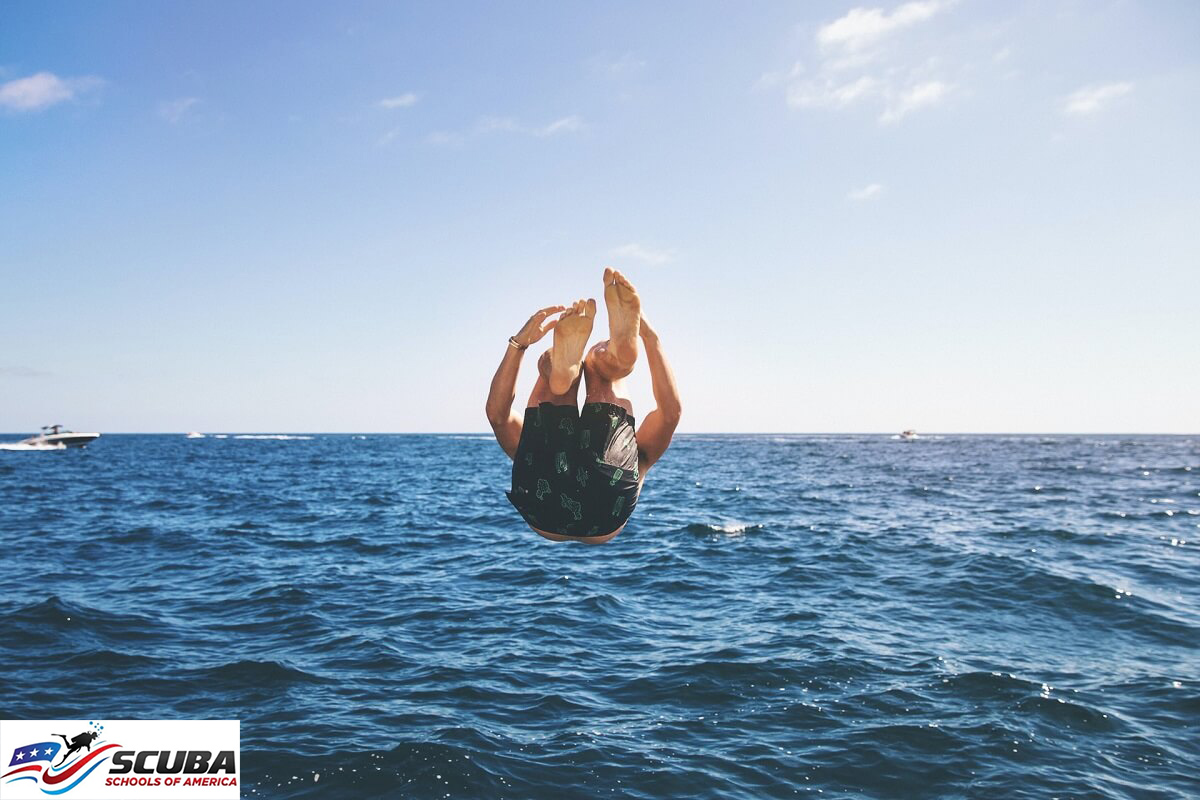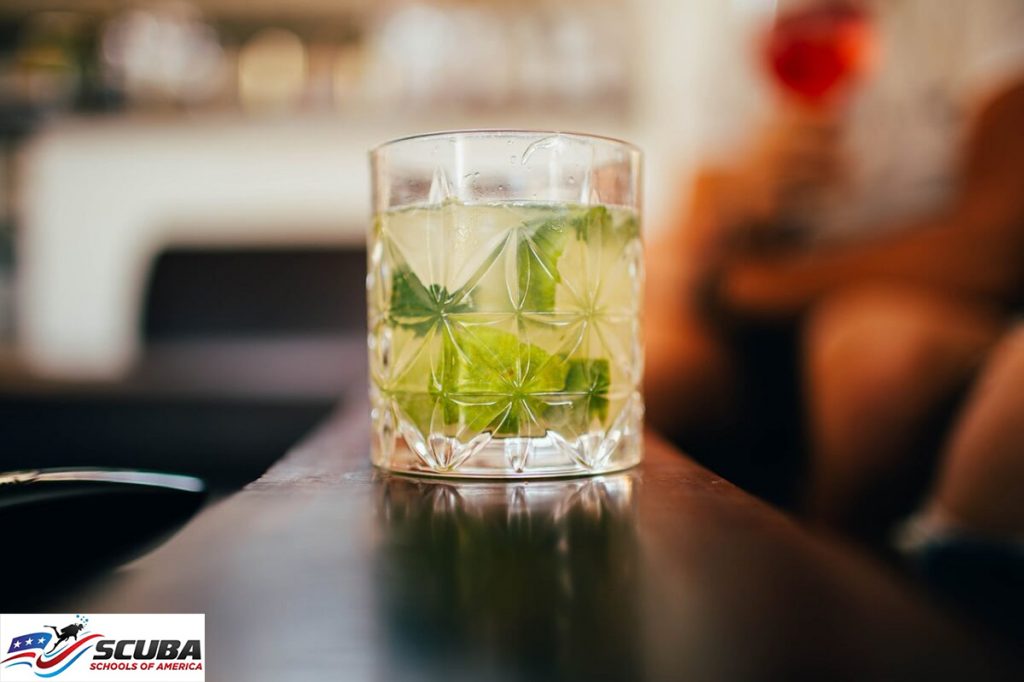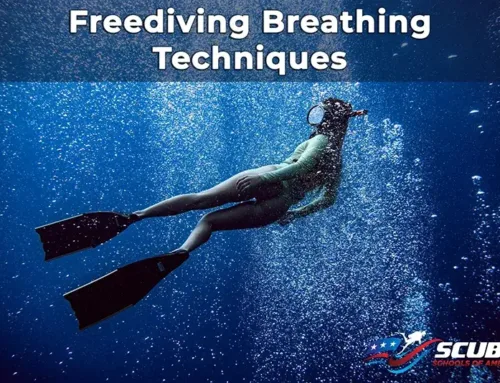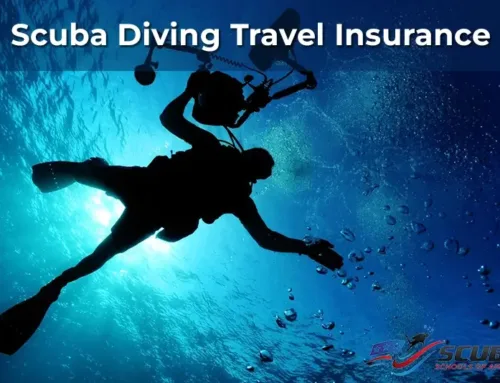5 Things You Shouldn’t Do After A Dive
Are you a new entrant to the field of scuba diving? While learning how to dive or during an open water certification, you’ll find out how to properly and thoroughly prepare for a diving session. You’ll need to adhere to all the safety guidelines and complete all the crucial safety checks in advance. All these steps are followed to enhance your safety and security during scuba diving. While newbies are aware of what to do before a dive, they may not be fully aware of what not to do after a dive. If you are going for a dive, you should know about all the key things that should be avoided after a dive. One common fact in this regard is that one should not start traveling right after a diving session. But do you know the other things?
Given below are five things that you shouldn’t do right after a dive. Read on to know the details of why you should avoid these.
1. Fly in a Plane
The majority of divers know that flying in a place straight away after a dive is risky. However, the issue of flying keeps coming up over and over again. It is always good to know as much as you can in this regard.
To make the most of your available time, you may want to travel by air from one diving destination to another. While may feel tempted, you should never attempt something like this, as it can put your life at great risk. So, what is the reason behind this? If you understand physics, you’ll know that pressure reduces when you fly. The higher the altitude, the lesser the pressure. During scuba diving, your body absorbs nitrogen into the blood. After you come back to the surface, the pressure comes down and the nitrogen gets back in the form of bubbles. At this point, decompression is done to help the nitrogen get out of the lungs gradually. If you start to fly right after a dive, while nitrogen is still there in your blood, nitrogen will start to turn into bubbles and this can put your life in danger. Diving instructors suggest you wait for 24 hours after any type of dive – before you start traveling by air.
2. Go Zip-Lining
Most ziplining activities are conducted in hilly or elevated areas. After a dive, you should never indulge in the adventure of zip-lining.
Why do experts warn divers against participating in this sport? The main reason behind this is the altitude or the elevation. When you want to zip-line, you’ll be taken to a cliff or an elevated place. If you have just finished a dive, going to high altitudes will lead you to experience decompression sickness.
Companies that operate ziplining services give a clear warning about indulging in the sport after a dive. So, instructors will themselves ask you if you have been diving just before. They’ll stop you from ziplining if you completed a diving session a few hours ago. Whether the ziplining company tells you about this or not, you should definitely store this knowledge in your mind. If you have been scuba diving for the last 24 hours, you should always avoid zip-lining.
3. Indulge in Excessive Drinking
You may find this a little surprising. It sounds exciting and entertaining to enjoy drinks after a diving session. If you have been diving all day, you’ll feel tempted to spend the evening drinking alcohol.
However, drinking alcohol right after a dive is a bad practice. You should always avoid doing this. As you are aware, your body requires some time to revert the nitrogen that was absorbed into the blood. The elimination process of nitrogen in our body must not be disrupted. That is why any such interference should be prevented. Drinking will cause your body to dehydrate quickly. This would lead to decompression sickness. There is one more risk associated with excessive drinking after a dive. If you get heavily drunk, it will become difficult to diagnose the symptoms of decompression sickness. If the symptoms are not identified at the right time, your life will be in danger. It is recommended that you drink an adequate amount of water after a dive. Plenty of fluid will keep your body fully hydrated and you will not have problems.
If you want to drink, always exercise some patience. Give your body a couple of hours at least before you want to drink.
4. Get a Massage
So, you have been diving all day? The idea of getting a body massage after a dive sounds really great. In truth, it isn’t. A massage is meant to help you wind up and feel relieved. But you should avoid it after a dive.
During a massage, the blood flow in the body increases. This is exactly the reason why you should not try massage right after a dive. When nitrogen is getting out, your body needs to work at its natural pace. Getting a massage will interrupt the process and the results can be harmful. There are different types of body massages, and you should avoid all kinds of massages. Most of all, you should stay away from a deep tissue massage because it causes soreness in the body. This, in turn, will make it difficult to identify the symptoms of decompression sickness. All diving instructors will warn you against getting a deep tissue massage.
5. Mountain Climbing
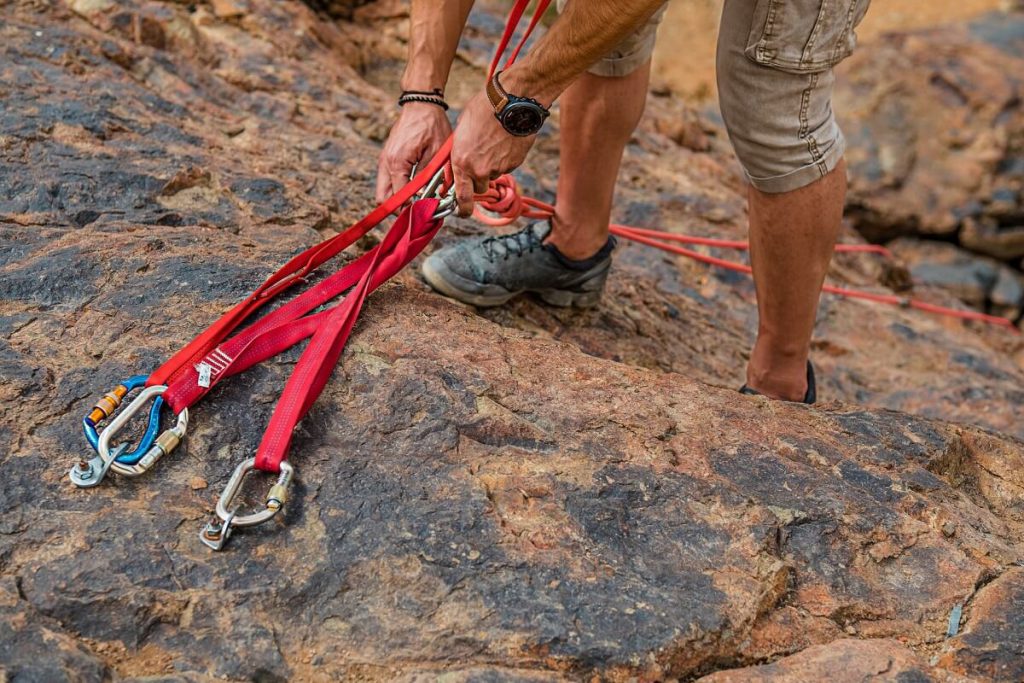
Mountain climbing promises a great deal of adventure. But you should never try it right after a dive. As with flying in a plane or zip-lining, mountain climbing is also a sport done at a high altitude.
No altitude changes after a dive! This is what you should always keep in your mind as a new or inexperienced diver. During mountaineering, you’ll go up a mountain. As the altitude changes, you’ll start to feel discomfort because of the diving session that you completed a while ago. If you want to get the most out of your holidays and enjoy both mountain climbing and scuba diving, there is a solution. Go for mountain climbing first and then indulge in a dive. It is fully safe to first participate in mountain climbing and then go scuba diving. In this way, you can enjoy your trip to the fullest while being safe and having a lot of fun.
Conclusion
Don’t make this list of after-dives don’ts worry you. There are plenty of things that you can do and enjoy after a dive. Once you are in a new place, the best idea is to go and interact with locals and know about their culture and lifestyle. You can enjoy sightseeing after a dive. Or you can just sit with your family and friends and share your experiences with one another. Always remember not to expose yourself to altitude as it can lead to severe decompression sickness. Avoid any change in altitude and wait for a few hours after a dive to be safe and happy.
If you want to talk to an instructor or plan to get enrolled in a diving course, head over to the Scuba Schools of America and Swim in Montclair, CA. Our training classes focus on broadening your knowledge and turning you into a skilled diver. Give us a phone call or email our office to find out more.

